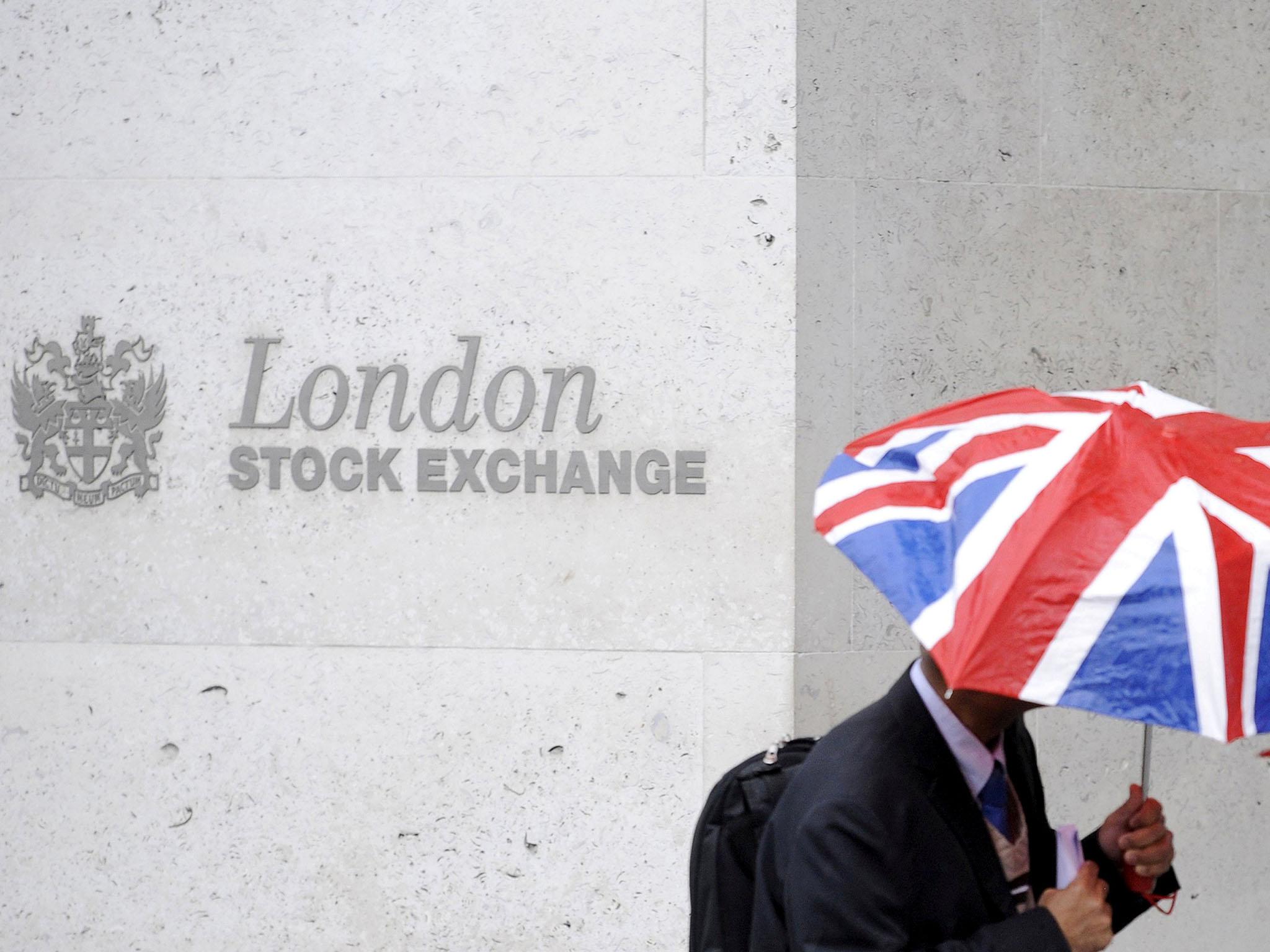London attacks: Why financial markets shrugged off Westminster terror incident
Airline and hospitality stocks fell sharply last year after attacks at Brussels airport. After November 2015’s Paris attacks, tourism stocks came under pressure too

Your support helps us to tell the story
From reproductive rights to climate change to Big Tech, The Independent is on the ground when the story is developing. Whether it's investigating the financials of Elon Musk's pro-Trump PAC or producing our latest documentary, 'The A Word', which shines a light on the American women fighting for reproductive rights, we know how important it is to parse out the facts from the messaging.
At such a critical moment in US history, we need reporters on the ground. Your donation allows us to keep sending journalists to speak to both sides of the story.
The Independent is trusted by Americans across the entire political spectrum. And unlike many other quality news outlets, we choose not to lock Americans out of our reporting and analysis with paywalls. We believe quality journalism should be available to everyone, paid for by those who can afford it.
Your support makes all the difference.Major terror attacks that have rocked the world in recent decades have had variable degrees of impact on financial markets.
After the attacks on the twin towers in September 2001, Wall Street’s Dow Jones Industrial Average plummeted and major stock markets shut for four trading days— the first time since the Great Depression.
Considering the sheer scale of the damage, the impact was not surprising.
According to a report by the London Chamber of Commerce and Industry, over 14,500 New York businesses were destroyed or seriously disrupted as a result of the attack.
The infrastructure that was devastated was integral to the functioning of one of the world’s most important financial hubs and therefore the whole global financial system.
Business and consumer confidence were both severely affected. The economic impact resulting from a slump in travel and tourism was enormous.
Subsequent attacks, though much smaller in scale, have also rattled markets though.
Airline and hospitality stocks fell sharply last year after attacks at Brussels airport. After November 2015’s Paris attacks, tourism stocks came under pressure too.
But on Wednesday in London, financial markets barely flinched on news of the attacks at Westminster.
The FTSE 100 ended the session around 0.7 per cent lower on the day, but losses were largely seen as unrelated to the devastating attacks.
Instead, they were a reflection of a selling spree that had gripped Wall Street earlier in the week, stemming from lingering doubts around US President Donald Trump’s economic policies.
The pound dipped slightly when headlines started breaking, but later recovered.
A day after the attack, strategists said that the reason for that resilience is two-fold.
Firstly, the attack, while horrific in nature, was not completely unexpected.
The current threat level in the UK has been classified as 'severe' for some time, meaning an attack is highly likely.
Secondly, it was fairly limited in scale, both in terms of deaths and causalities, compared to some of the other acts of brutality that we’ve seen in recent decades.
“Markets reflect risk and while this event was both deadly and shocking, it doesn’t really alter perceptions about risk to valuations,” said Neil Wilson, a market analyst at ETX Capital.
He said that Wednesday’s attacks would have had the potential to move markets if they had been larger, having implications for geopolitical relations.
Joshua Mahony, an analyst at financial services firm IG agreed.
“An attack with state sponsorship, or one that could lead to transnational conflict will certainly impact markets, with the government likely to raise military spending as a result. However, markets are much less likely to respond to a one-off attack like yesterday’s, which can only be attributed loosely to a group that we are already at war with.”
Mr Mahony said that to some extent Londoners had already been “expecting some form of attack” for several years.
“Whilst distressing in nature, the events in Westminster change very little in relation to the UK’s response to terrorism.”
Join our commenting forum
Join thought-provoking conversations, follow other Independent readers and see their replies
Comments